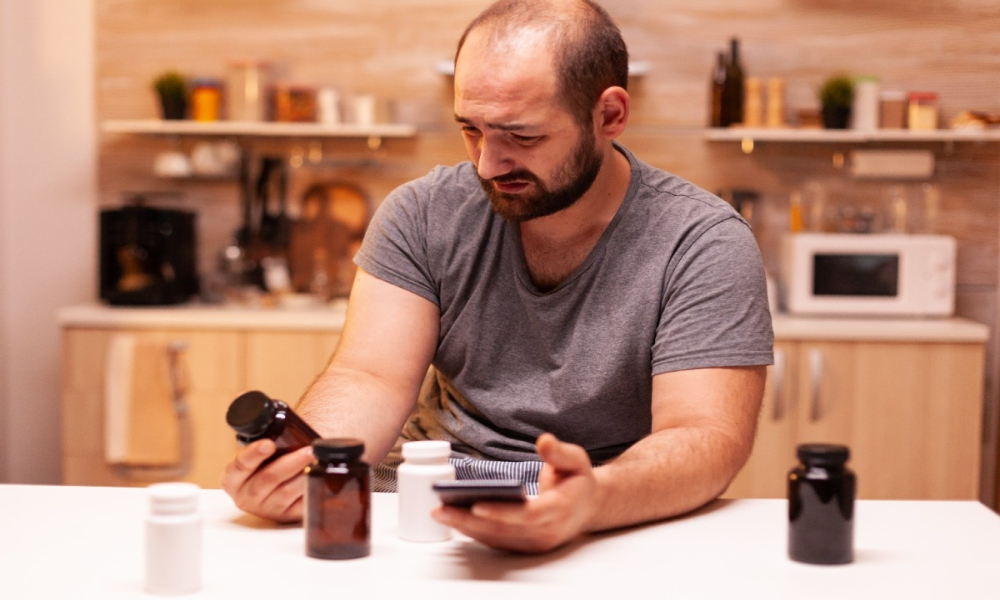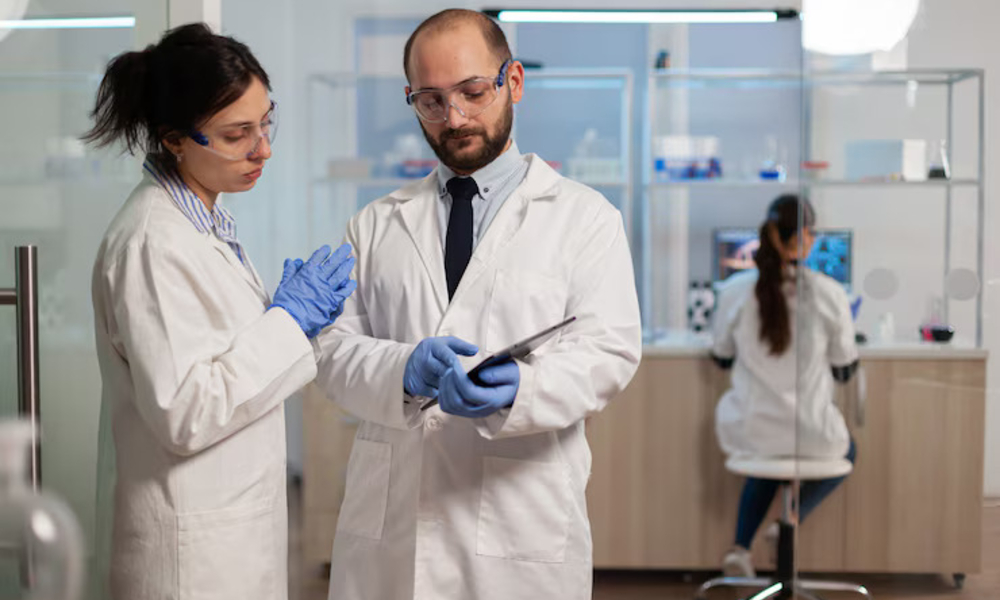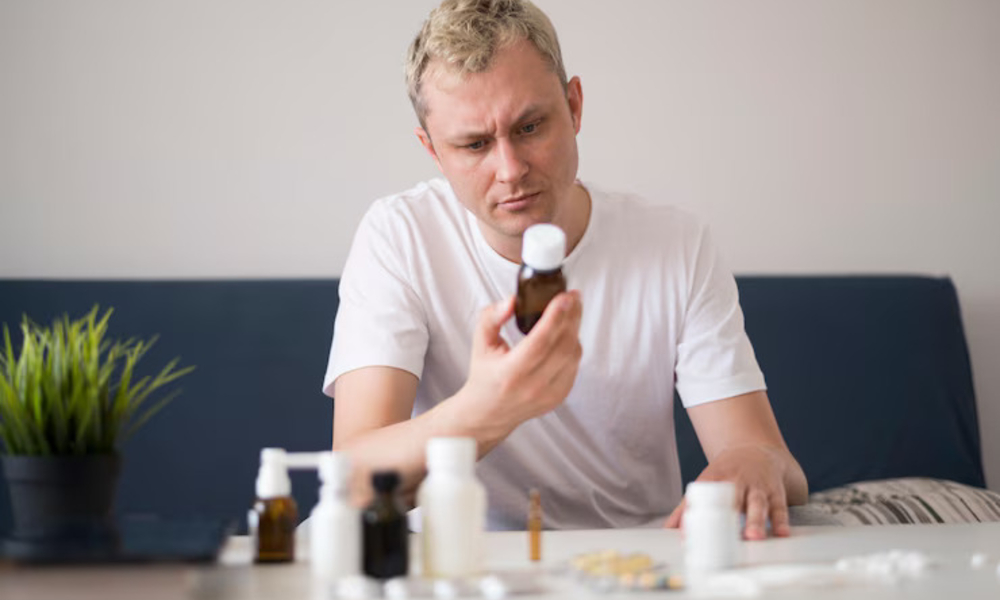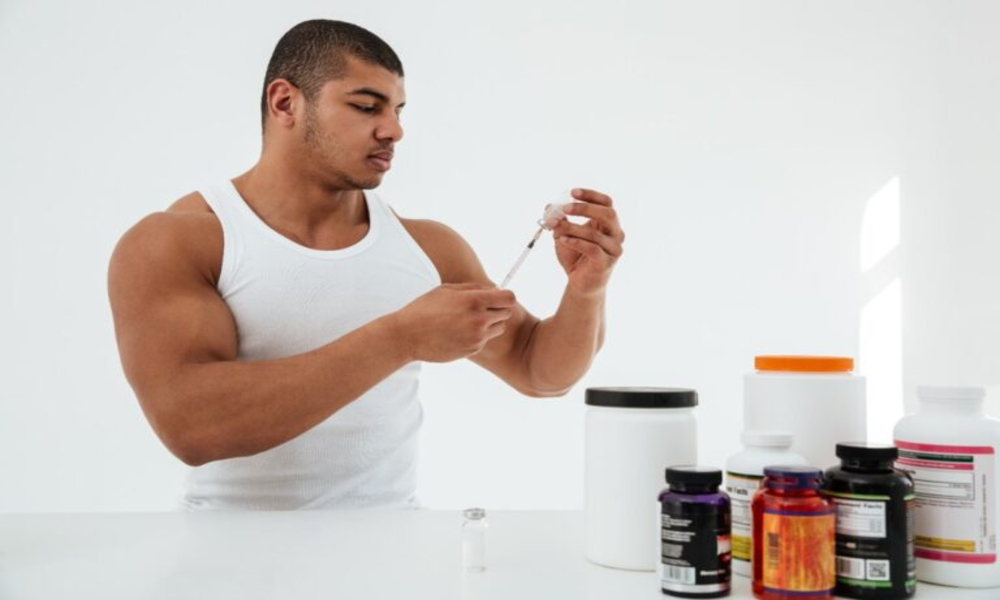
If you’re in your 30s and not feeling quite like yourself—low energy, struggling in the gym, reduced sex drive, or dealing with unexplained mood swings—it might not just be stress or getting older. You could be experiencing low testosterone, a condition that’s more common in younger men than many realize.
At Next Level Health at Virapel, we specialize in helping men reclaim their strength, confidence, and vitality through science-based Testosterone Replacement Therapy (TRT). Here’s what every man in his 30s needs to know about low testosterone—and what to do about it.
What Is Testosterone and Why Does It Matter?
Testosterone is the primary male sex hormone responsible for regulating key functions such as:
- Muscle mass and strength
- Sex drive and performance
- Energy levels and stamina
- Mood stability and mental clarity
- Bone density and heart health
While testosterone levels naturally decline with age, some men begin to experience noticeable symptoms as early as their 30s. This condition is often referred to as Low T or early-onset testosterone deficiency.
Signs of Low Testosterone in Your 30s
The symptoms of low testosterone can sneak up on you. Many men brush them off as stress, lack of sleep, or burnout. But if these signs persist, it’s worth getting your levels checked:
- Chronic fatigue or low energy, even with adequate rest
- Decreased libido or sexual dysfunction, including erectile issues
- Trouble gaining muscle despite consistent workouts
- Increased body fat, especially around the midsection
- Brain fog, poor focus, or lack of motivation
- Mood swings, anxiety, or mild depression
- Decreased confidence or lack of drive
Why Are Men in Their 30s Experiencing Low Testosterone?
Low testosterone in your 30s can be caused by a combination of lifestyle and physiological factors, including:
- Chronic stress and elevated cortisol levels
- Poor sleep or untreated sleep apnea
- Sedentary lifestyle or lack of resistance training
- Obesity or high body fat percentage
- Environmental toxins (like BPA and phthalates) that act as endocrine disruptors
- Nutrient deficiencies, particularly in zinc, magnesium, and vitamin D
- Past injuries or medications (e.g., steroids, opioids)
The Risks of Ignoring Low Testosterone
Untreated low testosterone can have a long-term impact on your overall health, including:
- Accelerated muscle and bone loss
- Increased risk of type 2 diabetes and heart disease
- Ongoing mental health struggles
- Reduced quality of life and strained relationships
- Lowered fertility and hormonal imbalances
The good news? You don’t have to accept these symptoms as part of life. With the right care, you can restore your vitality and get back to feeling like yourself again.
How Testosterone Replacement Therapy (TRT) Can Help
Testosterone Replacement Therapy (TRT) is a medical treatment designed to restore healthy testosterone levels in men diagnosed with Low T. At Next Level Health at Virapel, we provide personalized TRT programs that help you:
Testosterone Replacement Therapy (TRT) is a medical treatment designed to restore healthy testosterone levels in men diagnosed with Low T. At Next Level Health at Virapel, we provide personalized TRT programs that help you:
Reclaim Your Energy
Feel more alert, focused, and energized throughout the day.
Boost Muscle Mass and Strength
Improve your gym performance and build lean muscle effectively.
Improve Libido and Sexual Function
Restore your sex drive, confidence, and performance.
Enhance Mood and Mental Clarity
Reduce brain fog, depression, and anxiety while increasing motivation.
Reduce Body Fat
Balanced hormones make it easier to burn fat, especially around the waist.
Support Heart and Bone Health
TRT can improve cardiovascular markers and reduce the risk of osteoporosis.
What to Expect from TRT at Next Level Health at Virapel
We begin with a thorough hormonal assessment, reviewing your symptoms and running comprehensive lab tests. If you’re a candidate for TRT, we’ll develop a customized plan that fits your lifestyle. Treatment options may include:
- Injections
- Topical gels or creams
- Skin patches
- Subcutaneous pellets
Throughout your treatment, we monitor your progress and adjust your plan to ensure optimal results with minimal side effects.
Frequently Asked Questions About Low Testosterone in Your 30s
Isn’t low testosterone only a problem for older men?
Not anymore. Due to modern lifestyle factors, Low T is becoming increasingly common in younger men—even those in their late 20s and 30s.
Is TRT safe in your 30s?
Yes, when supervised by qualified professionals. At Next Level Health at Virapel, we ensure safe, effective therapy based on your specific health profile.
Will TRT affect fertility?
TRT can reduce sperm production, so if fertility is a concern, we’ll explore alternative treatments or supportive therapies to protect reproductive health.
How long does it take to feel better on TRT?
Many men report feeling more energetic, focused, and sexually active within a few weeks. However, full results often develop over 3–6 months.
Don’t Wait—Reclaim Your Health Today
If you’re in your 30s and suspect low testosterone may be holding you back, you’re not alone—and you don’t have to keep struggling. With the right diagnosis and treatment, you can take back control of your health, your body, and your life.
Next Level Health at Virapel is here to guide you every step of the way with expert care and personalized treatment plans.
👉 Request a Phone Call to speak with our team and learn how TRT can help you thrive in your 30s and beyond.
















